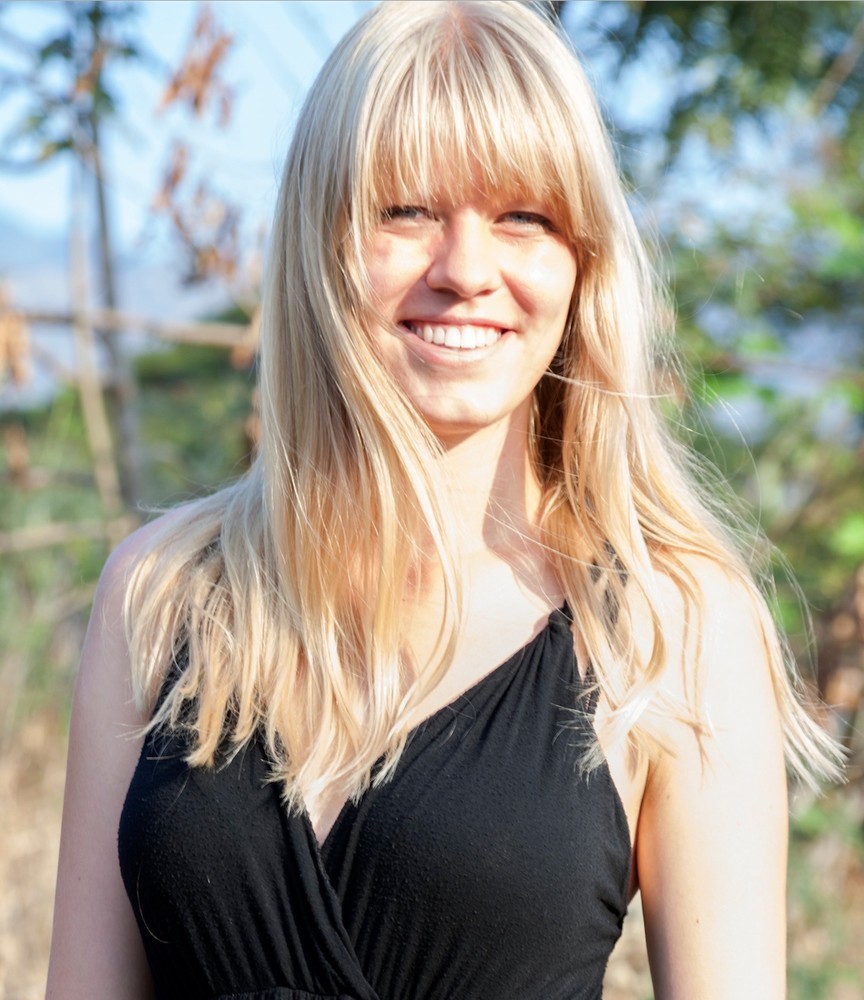Liza Van der Stock - 2014 winner
Liza Van der Stock - winner of FREEDOM TO LOVE 2014 - lives in Antwerp, Belgium. She obtained a Bachelor in Sociology at the University of Antwerp in 2012, after which she started the Master in Sociology (Conflict and Development) at the University of Ghent and the Bachelor in Photography at the School of Arts in Ghent.
Liza aims to integrate her sociological background into photography to make photo documentaries that focus on relevant social issues.
Accademia Apulia asked Liza Van der Stock the following questions:
How did you first get into photography?
It was on a trip in Istanbul in 2004 when I took my first pictures which I enjoyed to the point that, on my next birthday, I received my very first digital camera.
What kind of equipment do you use?
I use a Canon EOS 5D Mark II with a 24–105 mm lens and a Canon Speedlite 600EX–RT flash.
What is the most challenging aspect of your profession?
Getting close to people, to win their trust in order to capture their daily lives. This is also the aspect I love most about photography: to get the opportunity to access people’s environment in a very intimate way.
For Freedom to Love photography award you submitted a reportage highlighting the lives of male and female prostitutes from Zanzibar. What motivated this series?
For many years, I’ve been interested in studying gender issues, disadvantaged groups and social taboos at the intersection of sociology and photography. When I had to pick a subject for my Sociology Master thesis research, it was a natural choice for me to focus on the troublesome situation of a minority group. During a holiday in Tanzania in 2013, I had become aware of the burning issue of sex work in the country.
Therefore, I was extremely keen to study the sex workers community. For this purpose, I investigated the social strategies adopted by male and female sex workers to deal with violence in their daily lives. I looked into the ways in which social networks and groups within the sex worker community are constructed and operate.
During my stay in Tanzania, I found that sex workers are often forced into the profession due to circumstances beyond their control. They are confronted with rape, abuse, arbitrary arrests, torture and social exclusion. Through my photographs and research findings, I hope to give a voice to the women and men who are not accepted by society. I aim to show both inside and outside Tanzania that sex workers are as human as everyone else.
What do you look for in a location?
I look for places where people feel comfortable and can be themselves. Because male sex workers in Zanzibar ‒ an almost exclusive Muslim island ‒ face a double stigma, that of sex worker and being gay, this condition is only met within the safety of their own house. For my other documentary projects, which focus on groups in society that are not commonly accepted (e.g. the porn industry and transvestites), I also pursue reassuring locations where I can photograph people how they really are.
Is there a photographer past/present that you particularly admire?
A photographer whom I truly admire is Robert Capa, because he took brilliant pictures of historically important events in extremely difficult circumstances. He managed to create images that now belong to collective memory at times when everybody else was probably thinking about his or her own well-being.
What is your next dream?
My dream is to have a successful career as a photographer in which I get the opportunity to travel a lot and meet interesting and inspiring people. I also hope that my photo documentaries give a voice to people who are oppressed, discriminated or ignored in any kind of way.



